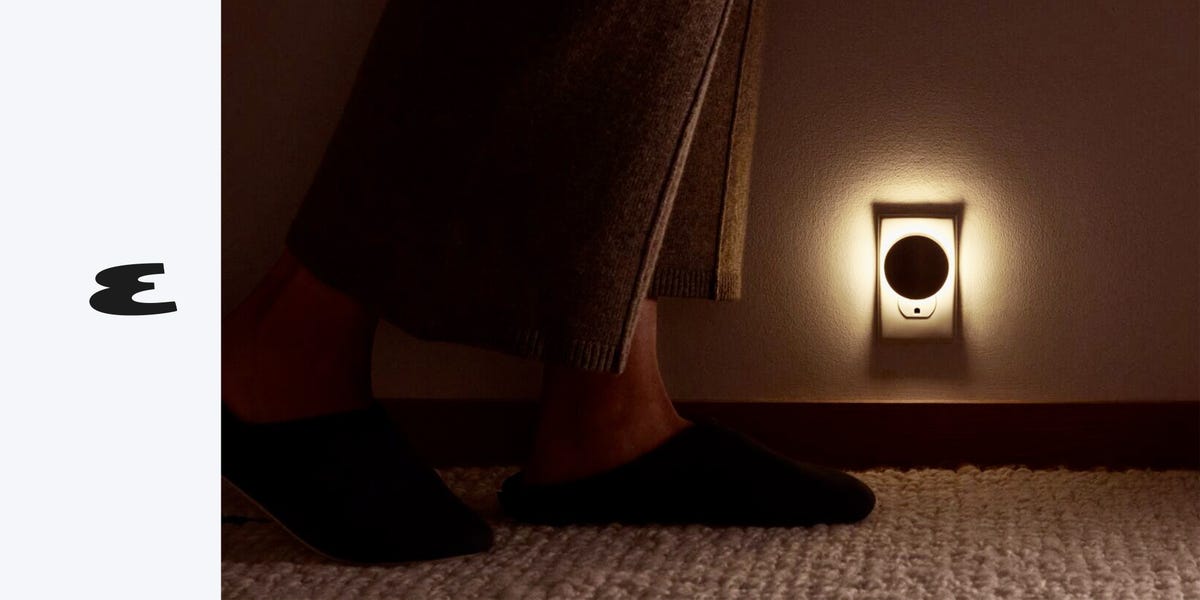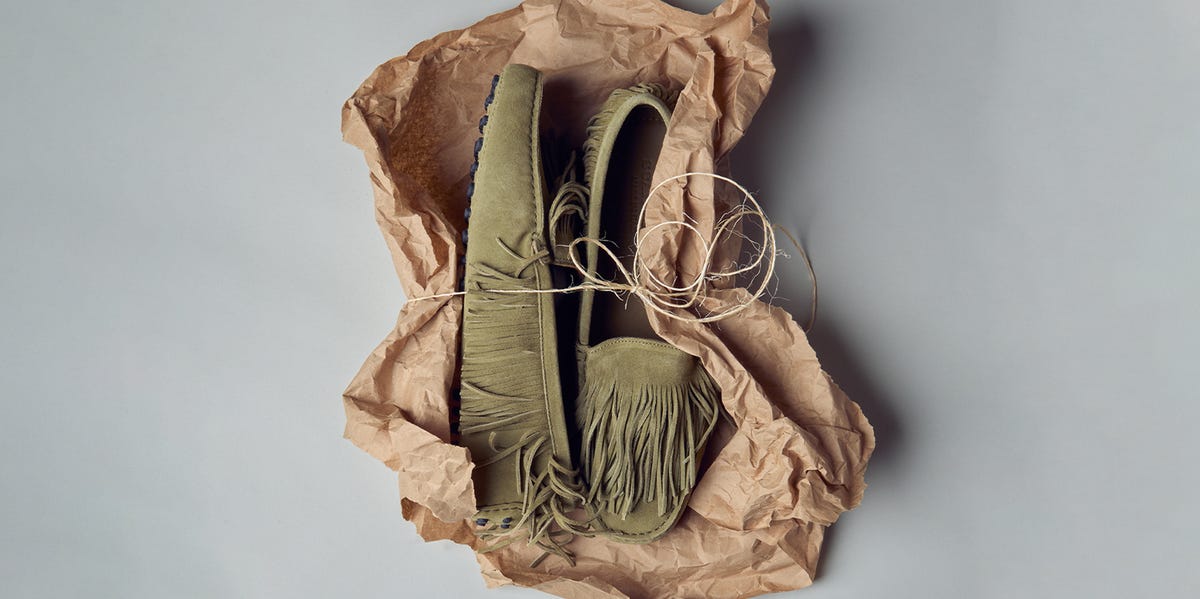Eric Benét doesn’t scare easily. Sure, at this point, he’s got four Grammy nominations under his belt thanks to a career that’s spanned decades. But when he started out? The Milwaukee-born R&B singer-songwriter, who dropped out of college to play “shit gigs” in hopes of making it big in the music business, was just trying to make sure things didn’t come to blows.
“I learned how to control an unruly audience and get them on my side and perfected… shit, all of it,” he says of his early days. The approach worked—until it didn’t. He and his sister, performing alongside their cousin, received a record deal but were dropped almost immediately after their first record failed to generate a hit single.
Tragically, Eric’s partner died in a car accident and left him as a single father to his care for his daughter. To make ends meet, he moved home and worked at UPS, and later as an assistant engineer at a recording studio in his hometown.
“I started working on a solo project during the off-hours of the recording studio, and that demo was really my first album,” Benét recalls. He sent it to Alison Ball, the executive who originally signed him when he was working with his sister and had since moved to Warner Brothers. It clicked. The album True to Myself released in 1996, and his smash hit single “Spend My Life With You” arrived three years later.
Benét has been making music and touring consistently since then, though he stayed pretty quiet for almost a decade before the 2024 EP Duets hit shelves. Today, he’s back with a brand-new album filled with duets called The Co-Star.
Below, Eric and I discuss growing up in a musical family, the dream collaboration he’s waiting on, how his mother imbued him with a sense of style early on, and plenty more.
Fit One
Was there a seminal moment in which you first find a passion for music?
I really didn’t have a choice. I was a baby in this family of five siblings, and they all sang beautifully, played instruments, and figured out harmonies to Stevie Wonder and the Silvers and Singers Unlimited songs. This was the environment I was raised in. Siblings who could take apart harmonies, assign me notes, and—as you can imagine—there was quite an extensive record collection. I equate music to love, really.
Fit Two
You’ve been making music for a minute now, and today you have a new album out. Was there anything different you did for this project versus your past work?
Once I secured the funding for my record label, JBR Creative Group, I reached out to Alison Ball and I said, “Will you run this shit?” Because I know my limitations, and I’m more of a creative guy. I’m not an administrative, executive guy. Alison is basically the CEO of JBR now, and we decided that, “Well, first, motherfucker, you got to put an album out on your label.” I’m like, “All right. Well, how are we going to do it differently?” And she thought, “Well, look at your career. Some of your strongest songs were duets. Why don’t we do a whole project of duets?” Now that it’s done and finished, I’m realizing now, that that was more than just a little notion, to manage all of those schedules and personalities, and requirements from all of the singers. Working with that many creative people and managing it all creates a unique set of diverse problems that we managed to successfully maneuver and negotiate through. I am extremely, profoundly pleased and excited, and not only proud of Alison for coming up with this idea, but my entire JBR team, for making sure that this crazy dream came to fruition.
I also thought it was important, since I hadn’t come out with anything new in eight years—I didn’t want to make the mistake that I’ve seen so many of my heroes make when they’ve been away for a long time. Music is often indicative of the current moment, the current social climate, the current personality of, oftentimes, youth. I didn’t want to make the mistake of my old 58-year-old ass trying to make something that’s relevant today, that just misses the mark. I remember some of my heroes, like James Brown, would come out with a new record in the ’80s, and I’d be like, “What the fuck is this?” And it would sound like this horrible attempt of him trying to assimilate into a watered-down version of what kids were listening to. I don’t even know what the fuck it was. So, I was like, “Yo, I don’t want to do that, but I also don’t want to be completely stuck in the early 2000s,” when my heyday was. So we made a conscious decision as part of this project that we would invite a couple new producers who creatively and sonically aligned with what I am, and how I create, and how I write.
Fit Three
Do you have a dream collaborator that you’ve yet to work with, that you would love to?
I remember when we first decided we would do a female duets album, number one on my list was Chaka Khan. Every time I talk to Chaka, or see her out and about, I’m like, “One day you are going to make my dream come true, and we are going to do a song together.” And she would say, “Let’s get it. You know I love you.” When we started this project, I reached out to Chaka and I was like, “Chaka, this is it. Tell me what you want, tell me the type of vibe.” And she told me she wanted something real and raw, and something that lyrically meant something. So I dug deep. I wrote this song called “Southern Pride,” which is really a song about me thinking about my mom and dad and the bravery of leaving the extreme racism of Alabama in the 1950s, and deciding, “Now we’re going to leave this life-threatening racism in Alabama, and just move up north to regular old, ‘We don’t like Black people,’ racism in Wisconsin.” What must that have been like for a couple of kids in their 20s? I sent it to her. She said she loved it. But then when it came down to trying to schedule that shit, to get her in the studio, she pulled the Chaka. So, I reached out to the only person that I knew could vocally handle singing this song. Because now I have this incredible song that resonates deep in my soul, who I am, where I came from. I remember back on MySpace music, I saw this little 16-year-old girl with these incredible chord voicings, singing with this voice, I was like, “Who the fuck is this?” Her name was Judith Hill. So, I sent Judith the demo of “Southern Pride.” She loved it. She came to the studio, and of course, she fucking knocked it out the park, and it was just crazy. But it was originally written for Chaka Khan.
When did you first become interested in clothing and style?
I got that from my mom. My mom was a humbly vain person. She knew she looked good. She was like a Lena Horne. She had that Jayne Kennedy kind of beauty when she walked into a room. She knew how to dress, and she always put so much emphasis making sure we looked good. My siblings will co-sign me on this—I was my mom’s favorite. But she would make sure her little baby, her favorite, was dressed to a T whenever we showed up to church. I had the latest polyester knit or whatever it was that was popping, with the collar, and the tie, and the shoes, and on picture day, I was clean. I got that from my mom, a sense of style, pushing the envelope.
Fit Four
What role does style play in your music, if any?
My visual style is very indicative of my music. It’s founded in conventionally classic styles that speak to refinement, to presenting yourself in a bespoke, artistic, yet slightly educated way. Of history, but with this little edge to it, that kind of rubs against what the typical patterns might be, what the typical combinations might be, what the typical accessories might be. Rooted in old school, accessorized and put together from a new perspective. That is my music and my fashion style as well.
Fit Five
Can you give me your three non-negotiable albums you think everyone should listen to?
Whoo, buddy. One of my least favorite things to do is pick favorites, but since you gave me three to choose from, I will forgive you. I will say this disclaimer, these are my three favorites right now. Bobby Caldwell, Carry On. Stevie Wonder, Talking Book. And Roberta Flack and Donny Hathaway’s first duets album. If you ask me tomorrow, you’re going to get three different answers. I might put Abbey Road, Gino Vannelli, and Miles Davis’s Sketches of Spain. It’s a mood thing.
Now you gave me six. If you had to wear one outfit for the rest of your life, what would it consist of?
It would be a double-breasted pinstripe suit, with a shirt underneath that is simple, but somehow does not match. And wingtip shoes.
Read the full article here













